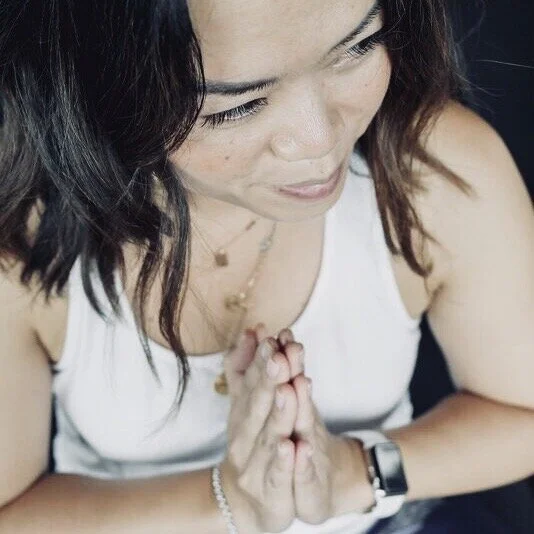Meditation for Beginners

First off, I’m no guru. In fact, far from it. But I’ve lived enough of a frenetic life where just simply existing - while juggling family, friends, or work - isn’t sufficient. Notice how in that list of priorities, I’m nowhere to be found? Why am I not a priority? While it may come off as a little self-absorbed, it’s actually something we all need. Self care is a real thing - especially as the discussion of mental wellness is dominating headlines.
So earlier last year, I started to look into meditation. I read books on the subject and scoured what I could find online. It all comes down to this - meditation is ridiculously simple. And like many things in life, the simplest things can be the hardest to master; but it doesn’t mean you shouldn’t do it. Below is a quick guide on how to begin.
What is meditation, anyway?
Deepak Chopra, one of the most prominent figures in alternative medicine, describes meditation as this: “A journey from activity to stillness. A destressing of the mind and body. A reconnection with our essential self. An unfoldment of our inner potential.” This description takes you through the intention and journey of what meditation can do for you. But at its core, it’s about quieting the loud noises in your mind. Of being still, and just being. That may seem like an easy task but have you ever sat still, closed your eyes and was able to shut out everything around you? The noises, smells, the warmth or cold of the room, the need to scratch your nose or readjust your seat… to your To-Do list or your emotions from a disagreement you just had with your significant other...all those things prevent you from being still. Easier said than done, right?
Why should I meditate?
There are numerous reasons to physical and emotional benefits to meditation. These are just a few:
Sleep better
Less stress, especially around the ‘small stuff’
Become more mindful of everything you do - to others, to yourself
Reduced anxiety
Boosts your immune system
Feel more positive emotions
Feel more relaxed
Relationships are improved
Improved concentration
Ability to focus on the bigger picture
Better understanding of yourself, your reason for being
How do I meditate?
Follow these tips for a simple way to meditate. You can do it anytime it suits your schedule. I often like to do it in the morning as it helps to set my intention for the day. I’ve also done it at night, just before going to bed. So it’s really up to you.
Find a quiet spot in your home. You just need a space where you won’t be disturbed for about 5 minutes. That’s all you need.
Sit comfortably. If you’re at work, you can just use your chair. Because I work from home, I’ll throw a pillow on the floor to sit cross-legged and light candles.
Focus on your breath. Breathe slowly, listening to your breath and noticing your chest rising and falling. Focus on nothing but the sound of your breath.
Observe your thoughts. Inevitably, especially in the beginning, your mind will wander. Don’t fight it. Instead, make observations about what you’re thinking about - no judgement.
Keep breathing until your time is up. Sometimes even five minutes is challenging. So start with one minute and work your way up. This isn’t a competition - it’s all for you.
Helpful Tips
You can also use these helpful tips to aid in your meditation practice:
Create a warm, inviting space. If you have the room, make it cozy by surrounding yourself with positive objects, like crystals, candles, plants, pillows, throws… anything that would encourage you to spend more time there.
Sometimes, the best thing is not to overthink it. Just do it. If your day was too busy and you had to skip your meditation, honour that reason and don’t judge yourself. Each day is a new beginning. Eventually it will become a habit if you do it regularly enough and your body and mind will begin to yearn for it.
You may wish to keep a journal to note down any thoughts or feelings that come up as a result of your meditation. Sometimes it helps to create clarity and focus.
Reward yourself with a cup of tea after your practice. I always feel more centered after a cup of tea.
Use a guided meditation app. These apps can sometimes tailor specific meditations based on your emotional and physical state. There are many on the market but the four apps I often turn to are: Calm, Breathe, Better Me, and Headspace.

